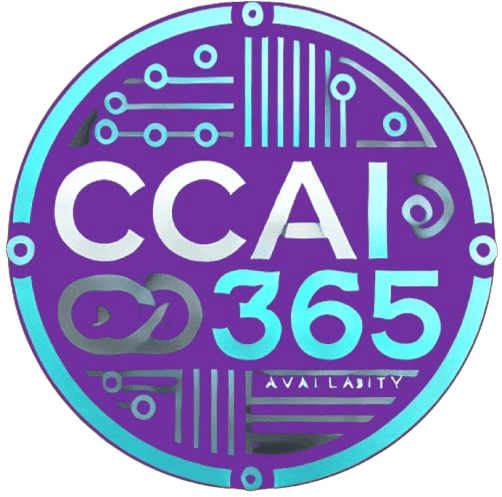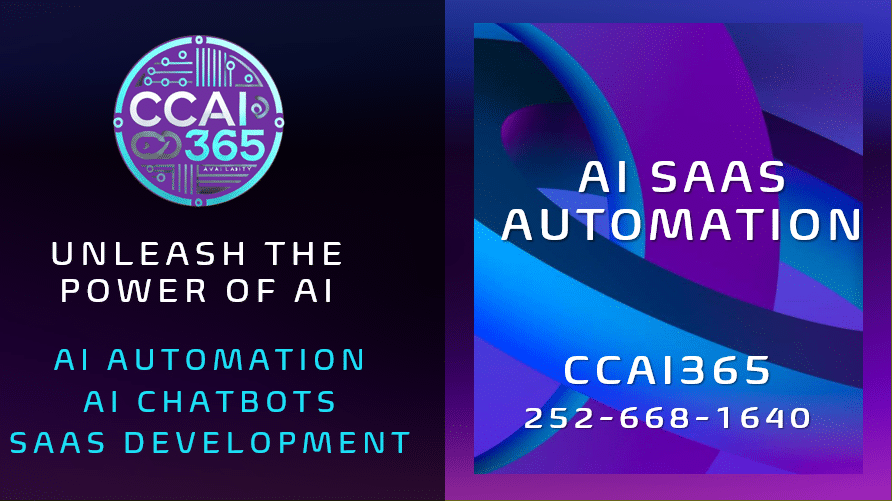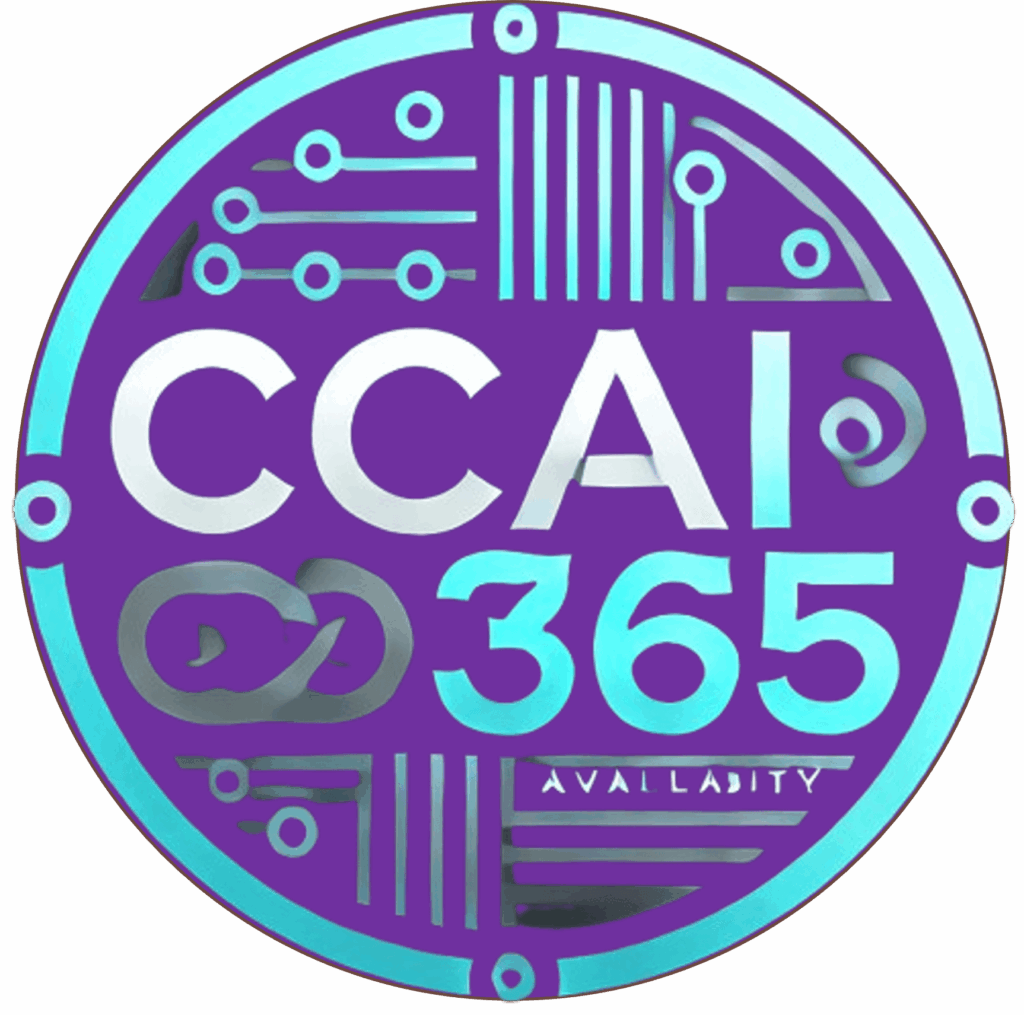Introduction to AI Saas Automation
In today’s competitive digital-first marketplace, customer experience is everything. Businesses that fail to deliver seamless, personalized, and proactive interactions often struggle to retain clients in a world where alternatives are just one click away. On the flip side, companies that master customer experience are rewarded with loyalty, word-of-mouth referrals, and long-term revenue growth.
But here’s the challenge: how can businesses consistently deliver high-quality, customized experiences at scale without overburdening their teams? The answer lies in AI SaaS Automation.
AI SaaS Automation is transforming how businesses interact with their customers, combining the power of artificial intelligence (AI) with the scalability of software-as-a-service (SaaS) platforms. By automating repetitive processes, analyzing vast amounts of data in real-time, and delivering personalized insights, these systems help businesses create smarter, more engaging customer journeys.
In this article, we’ll explore how AI SaaS Automation is reshaping customer experience through five critical areas: personalization, support, insights, scalability, and loyalty. Each section uncovers how smarter systems can turn casual customers into loyal advocates.
How AI SaaS Automation Personalizes Customer Journeys for Lasting Impact
Personalization is no longer a luxury—it’s the standard customers expect. A one-size-fits-all approach to communication, marketing, or support leaves clients feeling like just another number. In contrast, businesses that deliver individualized experiences stand out in crowded markets. AI SaaS Automation is the driving force behind this shift, enabling companies to craft customer journeys that resonate on a personal level.
At its core, personalization through AI SaaS Automation means gathering, analyzing, and applying customer data in ways that deliver value. For example, automation tools powered by AI can track browsing behavior, past purchases, and engagement patterns. With these insights, businesses can serve up tailored recommendations, product offers, or content that feels uniquely relevant. Imagine logging into an eCommerce store and instantly seeing products aligned with your tastes, or receiving a service reminder based on your exact usage history. These micro-personalizations are what create lasting impact.
AI SaaS Automation also plays a role in timing and channel selection. Instead of relying on generic email blasts, automation ensures customers receive messages when they’re most likely to engage and through the channels they prefer—whether that’s email, SMS, chat, or even social media.
But personalization isn’t just about sales—it extends to support and relationship-building. For instance, automated onboarding workflows can be tailored to each customer’s goals, guiding them step-by-step toward achieving success with a product. Chatbots can be trained to recognize a customer’s history and respond in ways that feel natural, contextual, and helpful.
When customers feel understood, valued, and supported, they’re far more likely to become loyal advocates. This is why AI SaaS Automation is not only enhancing customer experience but also ensuring that businesses remain competitive in industries where personalization is key to survival.
Streamlining Support with AI SaaS Automation to Build Stronger Relationships
Customer support has traditionally been one of the most resource-intensive aspects of business operations. Long wait times, repeated queries, and inconsistent experiences often frustrate customers and drain teams. Enter AI SaaS Automation, which streamlines support while strengthening client relationships.
One of the most obvious applications of automation is in chatbots and virtual assistants. Modern AI-driven systems go far beyond scripted responses. They use natural language processing (NLP) to understand queries, provide accurate answers, and even escalate issues to human agents when necessary. This means customers can access support 24/7, receiving instant responses to routine questions while agents focus on more complex cases.
Automation also reduces redundancy in support workflows. For instance, AI-powered ticketing systems can categorize, prioritize, and route requests to the right teams without manual intervention. A billing query won’t end up in the technical support queue, and urgent issues can be flagged for immediate resolution.
Beyond efficiency, AI SaaS Automation builds stronger relationships by providing continuity. When a customer reaches out multiple times, automation ensures their history is recorded and accessible. Instead of re-explaining their issue, customers interact with a system that remembers past conversations and preferences. This seamless experience fosters trust and demonstrates respect for the client’s time.
Another advantage is predictive support. By analyzing patterns, AI SaaS Automation can anticipate potential issues and resolve them proactively. For instance, if a software company notices that a customer hasn’t used a feature critical to success, automated reminders, guides, or offers for training can be triggered. This proactive engagement prevents churn and shows customers the business genuinely cares about their success.
In short, streamlined support through AI SaaS Automation transforms customer service from a reactive function into a proactive relationship-building tool—an essential ingredient for loyalty.
AI SaaS Automation and Real-Time Insights That Anticipate Client Needs
Data has been called the new oil, but without the right systems, businesses risk drowning in it rather than benefiting from it. This is where AI SaaS Automation shines: it converts raw data into actionable, real-time insights that anticipate client needs before they even voice them.
Consider the power of predictive analytics. By examining patterns in customer interactions, purchases, or support tickets, AI SaaS platforms can forecast what a client might need next. For example, an online subscription service could predict when a user is likely to cancel and automatically trigger targeted retention campaigns such as personalized discounts or value-driven content.
Real-time insights also help businesses remain agile. A sudden surge in website traffic can prompt automated systems to deploy additional resources, ensuring smooth customer experiences. Similarly, if sentiment analysis detects negative emotions in client communications, support teams can intervene before dissatisfaction escalates.
The beauty of AI SaaS Automation is that these insights are not siloed; they integrate across departments. Marketing, sales, and support teams all gain access to the same real-time customer data, allowing for a unified approach. This alignment ensures that customers receive consistent, informed, and timely experiences at every touchpoint.
Clients feel valued when businesses anticipate their needs rather than react to them. Real-time insights powered by AI SaaS Automation enable this, creating not just satisfied clients but deeply loyal ones.
Scaling Customer Experience Excellence Through AI SaaS Automation
Scaling customer experience has traditionally been a challenge. What works for 100 clients doesn’t necessarily work for 10,000. Without automation, maintaining quality at scale often results in inconsistent interactions, overworked staff, and frustrated clients. Thankfully, AI SaaS Automation makes scaling excellence possible.
One way automation enables scalability is by standardizing workflows. Businesses can design customer journeys that are replicated consistently across thousands of interactions while still leaving room for personalization through AI. This ensures every client feels like they’re receiving individualized attention without straining company resources.
Automation also helps businesses handle spikes in demand. For instance, retail companies experience seasonal surges, while SaaS providers may see increased activity after product launches. AI-driven systems can automatically adjust, scaling up communication, support, and backend processes to meet demand without sacrificing quality.
Another area of scalability lies in multilingual support. AI SaaS Automation can provide real-time translations, enabling businesses to serve global customers seamlessly. This broadens reach and ensures inclusivity without the need for massive human teams.
The scalability of AI SaaS Automation isn’t limited to size—it extends to adaptability. As customer needs evolve, automation platforms can be updated to reflect new expectations, keeping businesses ahead of the curve. Whether it’s integrating emerging communication channels like WhatsApp or adjusting to shifts in buyer behavior, automation ensures businesses remain agile while scaling effectively.
With scalability made simple, companies can grow confidently, knowing that their customer experience will not only keep up but improve with expansion.
Driving Loyalty and Retention with Smarter AI SaaS Automation Systems
At the end of the day, customer experience is about loyalty. Winning new clients is important, but retaining existing ones drives long-term profitability. This is where AI SaaS Automation proves indispensable by continuously nurturing relationships and encouraging repeat engagement.
Loyalty thrives on consistency and trust. Automation ensures customers experience the same high-quality interactions every time, no matter how many times they engage. From personalized check-ins to proactive reminders, AI-powered systems create ongoing touchpoints that reinforce relationships.
Retention also depends on measuring satisfaction. AI SaaS Automation can automatically trigger surveys, monitor feedback, and analyze sentiment. With these insights, businesses can act quickly to resolve dissatisfaction and improve services. Over time, this responsiveness strengthens client bonds.
Another way automation fuels loyalty is through reward systems. Businesses can use AI SaaS Automation to design loyalty programs that feel personalized rather than generic. Instead of offering the same discounts to everyone, clients receive rewards based on their specific behaviors, preferences, and milestones. This level of customization turns loyalty programs into meaningful experiences.
Ultimately, smarter systems ensure that clients feel continuously supported, understood, and valued. And when customers experience this consistently, they not only stay—they become advocates, referring others and fueling growth.
Conclusion
Customer expectations are evolving rapidly, and businesses must adapt if they want to thrive. AI SaaS Automation empowers companies to deliver personalization, streamline support, generate real-time insights, scale effectively, and foster loyalty—all critical components of exceptional customer experience.
By investing in smarter systems, companies don’t just automate processes—they create meaningful interactions that turn casual customers into loyal advocates.
Contact CCAi365 at 252-668-1640 today to start your AI SaaS Automation and streamline your business!
Related Articles:


